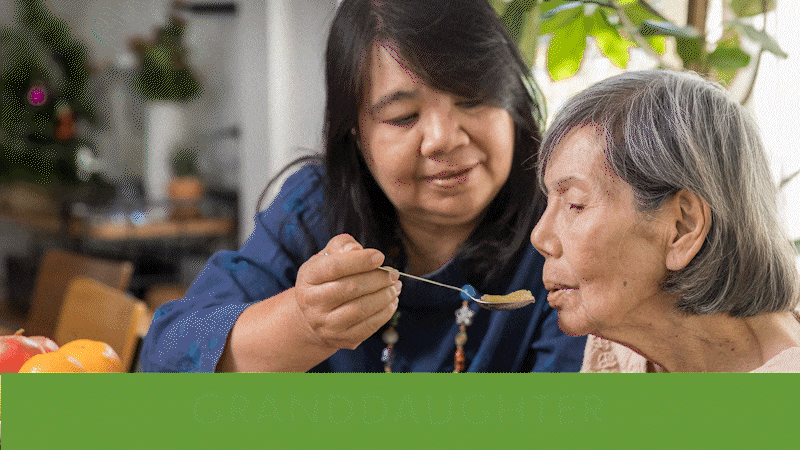Cardiopulmonary rehabilitation involves medically supervised, individually tailored programs consisting of education and exercise to help home care patients with cardiac and/or pulmonary impairment feel better and improve their quality of life.
Cardiopulmonary rehab typically lasts between 12 and 36 sessions, depending on the patient’s condition and other factors and involves treatment for those patients who:
- Have had a myocardial infarction (heart attack)
- Have congestive heart failure, heart transplant, angina, angioplasty, or stents
- Have been diagnosed with lung disease and have been prescribed pulmonary rehabilitation by their physician
- Have pulmonary fibrosis, asthma, pulmonary hypertension, or interstitial lung disease
- Chronic obstructive pulmonary disease (COPD)
The Benefits of Cardio-Pulmonary Rehabilitation
Cardiopulmonary rehab helps patients improve breathing, learn how to use medications and oxygen appropriately, increase muscle strength and endurance, and improve the ability to manage daily activities.
Also, cardio-pulmonary rehab can teach you how to reduce risk factors and improve quality of life.
Cardiopulmonary rehabilitation treatments typically include education, meetings with a dietitian, and an exercise prescription.
